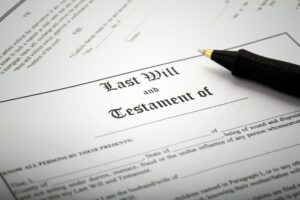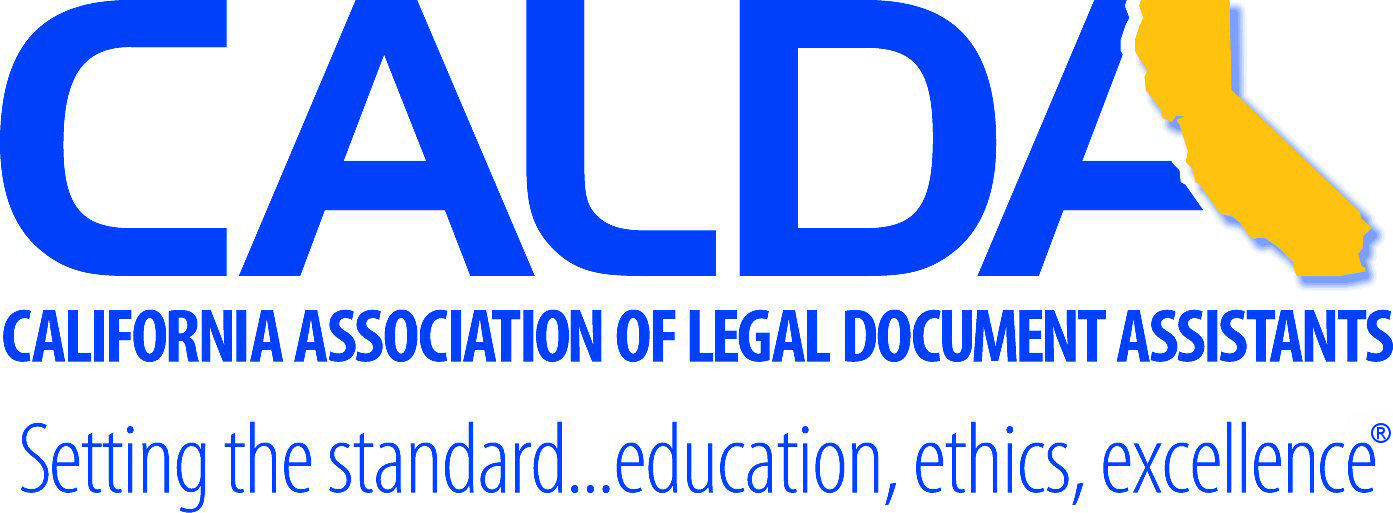 Probate is probably one of the most misunderstood, mysterious, and confusing topics for most people. Most of us never have to even think about Probate until we lose our mother, father, or other close relative. It’s just not something that’s particularly exciting or interesting until you’re forced to face it. But Probate itself is actually a very simple concept and procedure in theory. Probate is really just a procedural process that you go through in order to have the assets of a person who has passed on transferred to his or her beneficiaries or legal heirs when the deceased person did not make any other plans before passing in order to avoid it.
Probate is probably one of the most misunderstood, mysterious, and confusing topics for most people. Most of us never have to even think about Probate until we lose our mother, father, or other close relative. It’s just not something that’s particularly exciting or interesting until you’re forced to face it. But Probate itself is actually a very simple concept and procedure in theory. Probate is really just a procedural process that you go through in order to have the assets of a person who has passed on transferred to his or her beneficiaries or legal heirs when the deceased person did not make any other plans before passing in order to avoid it.
The actual “dictionary” definition of Probate is: 
- As a noun: “the official proving of the will”
- As a verb: “establish the validity of the will”
So when you go through the Probate process, the will (if there is one) is “proven” to be valid or not, and then the terms and conditions of the will (if proven valid) are carried out with Court supervision. The question here is “why do I have to go through Probate?” The answer is really quite simple…a deceased person CANNOT sign over his or her home to his children or anyone else. Nor can a deceased person transfer his or her other property or assets to anyone else since he or she is no longer living to do that. Therefore, someone with the legal right to do that must step in and complete the process of transferring over the deceased person’s assets to those he or she intended them to go to (if there is a will). Even though the deceased person may have elected an “Executor” in his or her will to carry out the instructions in that will, the Executor does not in most cases have the legal authority to transfer Estate assets until he or she has been given that authority by Order of the Probate Court. Many people believe that just because they are named as the Executor in the will, they can just go and record a deed transferring the decedent’s home to his or her children or other beneficiaries. The Executor can only do that AFTER he or she has been given official legal appointment by the Court as the Executor by the Probate Court.
Normally, only assets that the decedent had titled solely in his or her name at the time of passing are subject to Probate. For example, if I have a house and the deed has only my name on it as the owner when I pass, it will be subject to Probate. If I also had a checking and savings account titled only in my name at the time of my passing, those accounts will be subject to Probate. California also has a “threshold limit” as to when Probate “kicks in” in terms of a dollar value. Currently if the total Estate assets subject to Probate are $166,250.00 or more, then Probate is required. If the total value is less than that, there are other more abbreviated procedures that you can use. This “threshold limit” varies depending on which state you need to Probate in. These will be topics on future blog posts.
Disclaimer: I am not an Attorney, and cannot provide legal advice. I am a licensed Professional Fiduciary in the state of California (Lic. No. 1277) as well as a registered and bonded California and Nevada Legal Document Preparer/Assistant. Any information provided on this blog and/or website IS NOT legal advice and should never be used or considered as such. Any information provided on this blog and website is based on my 30 years of experience working in the Probate area. Only a licensed Attorney can provide legal advice, and you should seek out an Attorney of your own choosing if you have legal questions and/or need legal advice.

